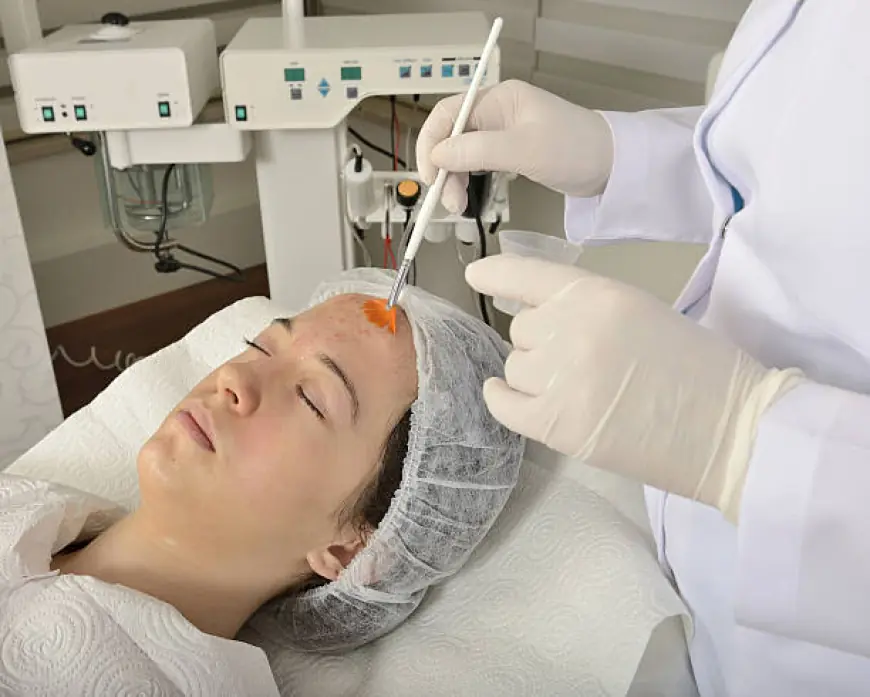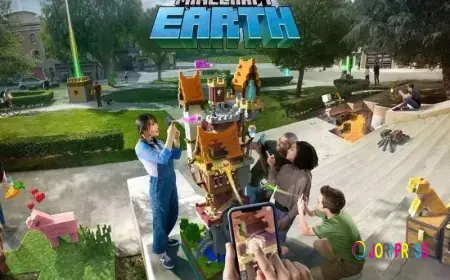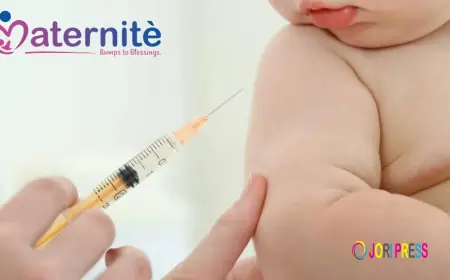Chemical Peel Before and After in Riyadh: Real Results and Reviews
However, those with very sensitive skin, certain skin conditions, or active infections should consult a dermatologist before proceeding.

Chemical peels have become one of the most sought-after skin treatments for those aiming to rejuvenate their complexion, reduce visible signs of aging, and address various skin concerns. This treatment involves applying a chemical solution to exfoliate the damaged outer layers of the skin, revealing fresher, healthier skin beneath. For residents of Riyadh, chemical peels offer a minimally invasive option to improve skin texture and tone without long recovery periods.
When it comes to chemical peels in Riyadh, the treatment is tailored to your unique skin type and concerns. Whether you struggle with acne scars, fine lines, pigmentation, or dullness, chemical peels help stimulate cell renewal and collagen production, offering vibrant results that truly transform your skin. This blog covers the fundamental aspects, benefits, procedure, and what you can expect before and after the treatment so you can make an informed decision.
What Are Chemical Peels and How Do They Work?
Chemical peels are cosmetic treatments that involve applying an acid-based solution, such as glycolic acid, salicylic acid, or trichloroacetic acid (TCA), to exfoliate the skin’s topmost layer. This controlled removal of dead and damaged skin cells accelerates the skin’s natural healing process, revealing brighter and smoother skin underneath.
The depth of the peel varies depending on the formula and concentration:
-
Superficial peels gently exfoliate and are ideal for minor imperfections.
-
Medium peels delve deeper, targeting pigmentation and moderate wrinkles.
-
Deep peels offer dramatic renewal but require longer downtime.
By clearing away accumulated dead tissue, chemical peels promote the regeneration of healthy skin cells, improving overall skin clarity, texture, and firmness.
Visible Changes: Chemical Peel Before and After Results
Patients often notice immediate improvements such as glowing skin and softer texture within days of the peel. More significant changes, including reduction of fine lines, acne scars, and pigmentation, tend to become apparent over several weeks as collagen production increases.
-
Before treatment, skin may appear uneven, dull, or marked with scars or discoloration.
-
After treatment, skin looks revitalized with a more even tone and refined texture. Redness and peeling are common transient side effects during healing.
Multiple sessions may be recommended to achieve optimal long-term results, especially for deeper skin concerns. Many Riyadh clinics report high patient satisfaction with effects lasting several months when combined with proper skincare.
Benefits of Chemical Peels in Riyadh
Choosing chemical peels offers many advantages including:
-
Enhanced skin radiance: Removes dull, lifeless surface layers.
-
Reduction of acne scars and spots: Accelerates healing of post-inflammatory marks.
-
Smoother skin texture: Softens fine lines and wrinkles.
-
Improved skin tone and pigmentation: Lightens sun damage and uneven patches.
-
Stimulated collagen production: Promotes youthful, plump skin.
-
Minimal downtime: Most treatments require little interruption to daily life.
This treatment is versatile and can be customized for different skin types, making it popular among Riyadh’s diverse population.
The Chemical Peel Procedure
The procedure typically lasts 30 to 45 minutes. After cleansing, the professional applies the chemical solution evenly over the targeted area. The solution works by loosening the bonds between dead skin cells, causing them to peel away over subsequent days.
During application, a mild tingling or warmth sensation is common but usually well-tolerated. Post-treatment instructions often include avoiding sun exposure, using gentle moisturizers, and refraining from harsh skincare for a short period.
Aftercare and What to Expect
Proper aftercare is essential to maximize results and reduce risks:
-
Expect some redness, peeling, or flaking for several days.
-
Avoid direct sunlight and apply sunscreen rigorously.
-
Keep skin hydrated and avoid makeup until healing progresses.
-
Follow skincare guidance provided by your practitioner.
Adhering to these steps helps ensure smoother recovery and prolongs the benefits.
Who Should Consider Chemical Peels?
Chemical peels are suitable for individuals looking to address common skin issues such as:
-
Acne and acne scars
-
Fine lines and wrinkles
-
Uneven skin tone and pigmentation
-
Sun damage and age spots
-
Rough or dull skin texture
However, those with very sensitive skin, certain skin conditions, or active infections should consult a dermatologist before proceeding.
Frequently Asked Questions
What is the difference between superficial and medium chemical peels?
Superficial peels only remove the outermost skin layer for mild exfoliation and quick recovery. Medium peels penetrate deeper to treat moderate pigmentation and wrinkles but may require more downtime.
How soon will I see results after a chemical peel in Riyadh?
Initial improvements like glowing skin often appear within a few days. Full results, including reduced scars and pigmentation, may take several weeks as new skin forms.
Are chemical peels painful?
Most patients experience mild tingling or warmth during application, which subsides quickly. Pain is usually minimal and well-managed by professionals.
How many sessions do I need?
This varies by skin type and goals. Superficial peels may require multiple sessions spaced weeks apart, while deeper peels often deliver longer-lasting results after one treatment.
Book your appointment Today
If you are ready to reveal clearer, smoother, and more radiant skin, consider booking your chemical peel treatment at Enfield Royal Clinic. With expert care and advanced techniques, you can safely experience the transformative benefits of chemical peels in Riyadh. Schedule your appointment today at Enfield Royal Clinic and take the first step toward rejuvenated skin that truly shines.
What's Your Reaction?
 Like
0
Like
0
 Dislike
0
Dislike
0
 Love
0
Love
0
 Funny
0
Funny
0
 Angry
0
Angry
0
 Sad
0
Sad
0
 Wow
0
Wow
0















































